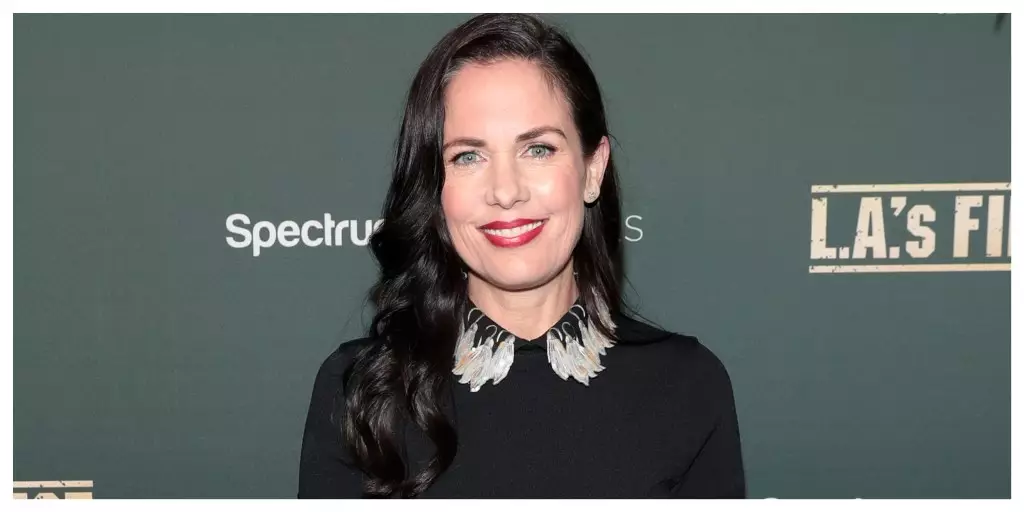In the ever-evolving landscape of television production, sometimes the most profound insights come from reflecting on the past. Katherine Pope, the president of Sony Pictures Television Studios, shared her thoughts on the current state and future trajectory of the industry during a keynote interview at the MIA conference in Rome. With rich experience from her prior decade at NBCUniversal and over two years at Sony, Pope emphasized the importance of applying historical principles of television production to adapt to contemporary challenges. Her insights convey a deep understanding of the production process, one that resonates with the industry’s growing pains as it navigates market changes and audience expectations.
Pope identified a key challenge facing many modern television producers: the managing of budgets and schedules amid soaring production costs and an increasingly competitive environment. She remarked that in the past, particularly within the U.S. broadcast system, an unyielding commitment to timelines and budgets was standard protocol. This accountability is what she feels is making a comeback in a market seemingly swimming in creative possibilities. As she articulated, “Creative production budgetary friction is a good thing,” suggesting that limitations can actually foster innovation and creativity in storytelling.
Pope astutely pointed out that while the freedom offered by recent years has driven remarkable creativity, it has also led to what she referred to as a “hangover” from prior excesses. This reckoning is not merely a challenge; it presents an opportunity to optimize artistic processes without compromising quality. She proposes that the amalgamation of traditional rigor with contemporary artistry will create a more effective and sustainable production model moving forward.
Her philosophy underscores the importance of balancing the financial and creative aspects of television production. She envisions an ideal future where producers can harness the best practices from the traditional broadcast model while embracing the creative liberties afforded by modern storytelling methods. The success of popular shows like “The Boys”—a satirical take on the superhero genre—serves as a compelling example of how merging these approaches can lead to unprecedented viewer engagement and popularity.
While discussing the broader market conditions, Pope highlighted Sony’s independent spirit amid the chaos of the so-called “streaming wars.” This independence, she argues, is pivotal in allowing Sony to maintain its focus on high-quality storytelling unfettered by the pressures of euphoria and panic that often characterize the entertainment landscape. “I feel really lucky to be part of a company that is just focused on… stories told well,” she said, affirming Sony’s commitment to consistently delivering compelling narratives.
The current slate of Sony productions includes not only the conclusion of “The Boys” but also its expanding universe with spin-offs like “Gen V” and “Vought Rising.” Pope’s excitement about these projects illustrates her belief in their potential to resonate with audiences. For her, producing content that sustainably grows its viewership represents the “holy grail” of television production, proving that high-quality storytelling can thrive even in a highly competitive environment.
Addressing Viewer Expectations
Pope raised a critical concern regarding the often-languid timelines between seasons, which can alienate audiences and dilute excitement. She criticized the “data-driven” approach that many companies have adopted, which she believes can hinder timely series renewals, ultimately detracting from the viewer’s experience. “It is absolutely untenable,” Pope asserted, representing a significant pushback against a system that prioritizes cautious analytics over passionate storytelling.
In an age where audience loyalty is volatile and distracted, Pope argues that the production timelines must adapt to maintain viewer engagement. She urges an acceleration of script development while acknowledging the expanding complexity of production logistics. Her call to action resonates deeply in a time when every lost moment with an audience poses a threat to a show’s legacy and success.
Katherine Pope paints a picture of a television industry at a crossroads, where the merging of historical rigor and contemporary creativity is not just desired but essential for survival in a saturated market. By embracing disciplined production methodologies while fostering artistic innovation, studios like Sony can continue to deliver exceptional entertainment. The challenges of today, from tight budgets to impatient audiences, serve as catalysts for evolution, pushing creators to explore uncharted territories in storytelling. As producers take heed of Pope’s insights, the future of television may hold more promise than uncertainty, harnessing the lessons of the past to illuminate a vibrant path forward.


Leave a Reply